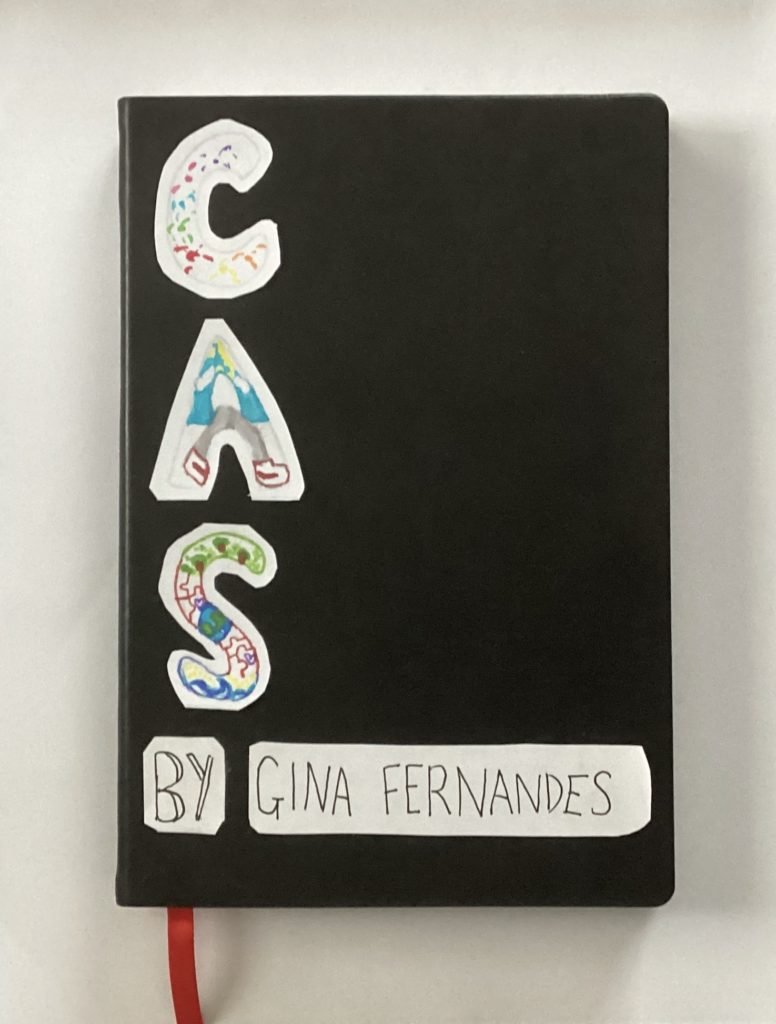
Knowledge is continually growing and an unthinkable amount of knowledge has existed within an unthinkable length of time. This means some knowledge may never be knowable to particular knowers due to the nature of the knower and their perspective.
For this exhibition, I have chosen a picture of my CAS journal which contains written reflections of past experiences that I had within the IB. From my perspective, my CAS journal is a good source of posteriori knowledge as it reminds me of how I felt during CAS activities. In addition, I may remember some information about the activities making this knowledge more reliable to me. This means that I could say I know how I felt and what happened due to the evidence in the journal and my memory. However, from someone else’s perspective, they may read the journal and have interpretations on how I felt and an understanding of what happened but this knowledge is unknowable to them. This is because of the limitations the journal has in providing the truth. For example, details may have been missed or hidden and the language may be misunderstood. Their perspective also means that these experiences aren’t personal to them, leaving gaps in their knowledge. The knowledge could also become completely unknowable as it could be lost within time. For example, it’s unlikely that the journal would be intact several years later, meaning the knowledge inside could be unknowable to the knowers of that time period.
The CAS journal shows how subjectivity is an important factor in determining the acquisition of knowledge as it highlights how one knower may know something while another knower can’t know that same knowledge. However, can knowledge be objectively unknowable? For example, reality could be unknowable to everyone. This has caused immense debate especially in philosophy. It’s argued that senses (empirical knowledge) can be deceiving and therefore nobody can be certain of or know reality as most of the knowledge we gain about reality is affected by our senses. Additionally, we may never know if we’re hidden from one single true reality or if that reality exists in the first place. This can cause panic amongst knowers as they may start questioning their existence/truth.
Overall, some things are unknowable to individuals but also to communities of knowers. This could be viewed positively and negatively depending on the knower’s perspective and could also cause knowledge issues and limitations.
